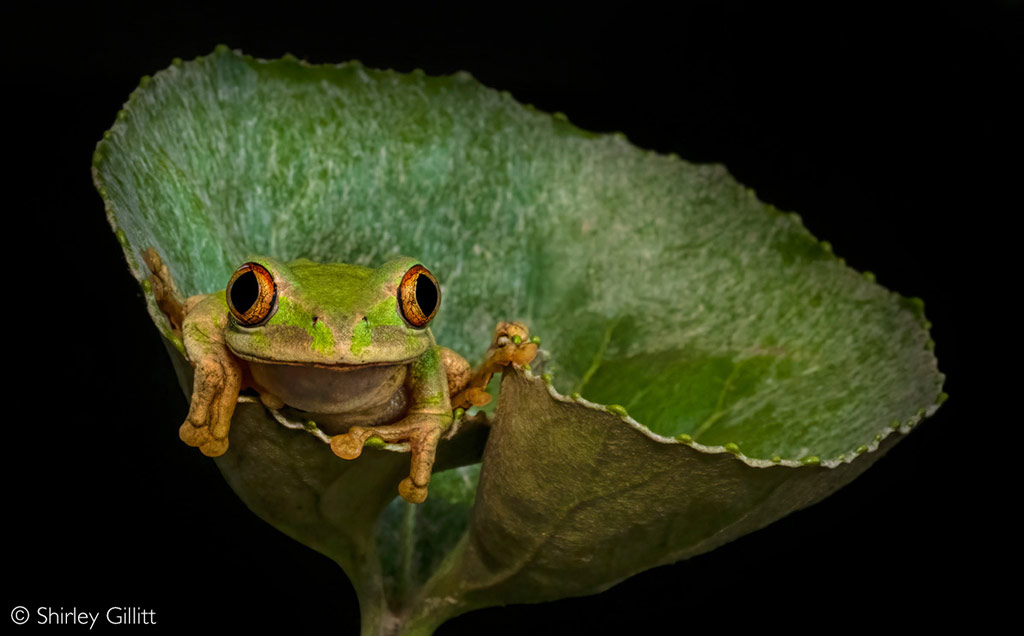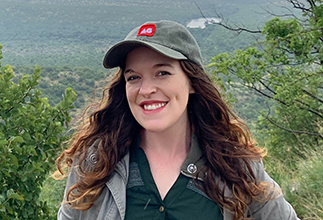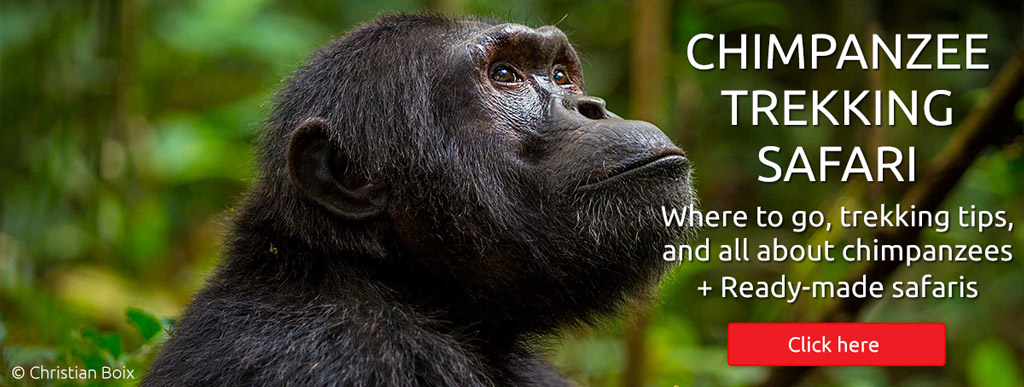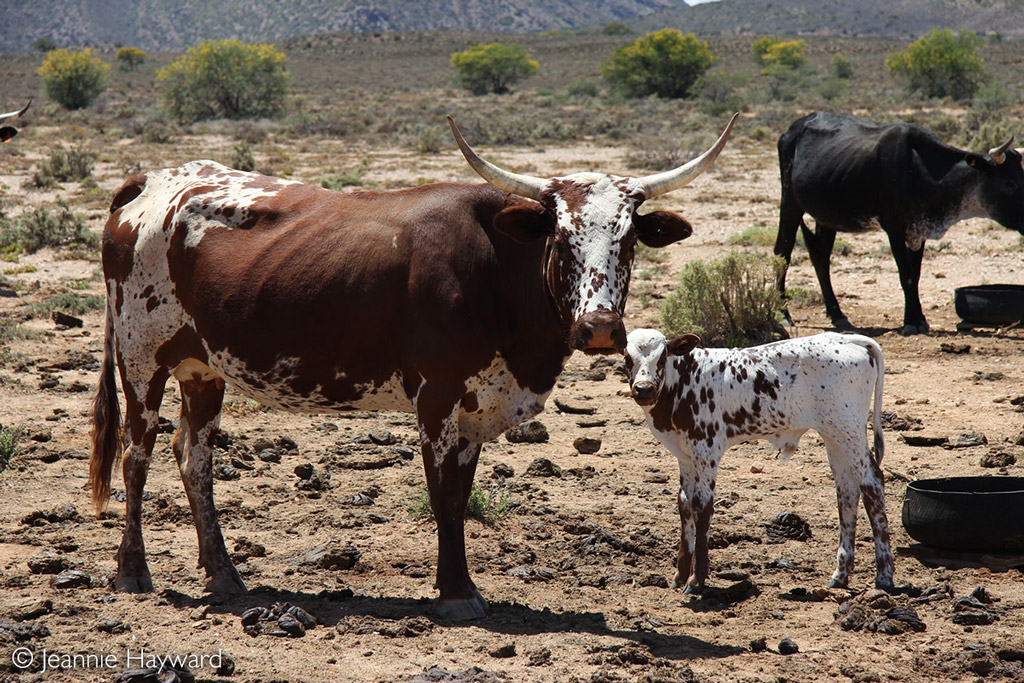
This is a copy of our weekly email newsletter. Subscribe here to receive the newsletter.
Sublime photo entries + Mapungubwe + Vic Falls safari

Leopards have been particularly active in our neighbourhood recently. One gent living in our street literally bumped into one in his garden a few nights ago – it was chasing his dog, which had ventured into the dark to take a leak. Leopard and human got a helluva fright and scarpered in opposite directions – a lucky break for the dog!
This got me thinking about humankind’s relationships with wild animals. Of course, we define everything according to our ever-increasing needs and sense of self-importance (ego vs eco), but here and there, we also benefit opportunistic species. The local leopards certainly seem to enjoy supplementing their diets with tasty canine snacks, and mongooses, bush babies and vervet monkeys clearly benefit from our kindness and waste. Another example is the stable yard in our wildlife estate – a haven for dung beetles and the creatures that feast on them. Purists may roll their eyes, but I enjoy life in this buffer zone between the Greater Kruger bushveld to the east and farmlands to the west.
Thanks for all the emails and social media support about the ongoing situation regarding trophy hunters picking off the remaining super tuskers. We are proud to have helped spark a growing campaign to stop this morally bankrupt, unsustainable plunder of Africa’s wild spaces. We are monitoring a few trophy hunting forums and have noticed some hunters challenging the bad apples, which is good to see. This is a developing situation – expect more news in the coming months.

Simon Espley – CEO, Africa Geographic
From our Editor – Taryn van Jaarsveld

Imagine you are wandering the desert, with not a drop of water in sight. A juicy melon appears – like manna from heaven. But it’s not quite ripe yet… How to deter thieves from pinching your melon while you wait for it to reach optimum sweetness?
Black-backed jackals have solved this conundrum – by urinating on the near-ripe melons.
Scientists have discovered that jackals in the Namib Desert urinate on the Nara melons to deter other animals from eating them, allowing them to ripen to their own taste. They made the discovery while studying the role jackals play in distributing the seeds of the nara plant (which they do very well through their faeces). Jackals can suss out which melons are ripe, or are about to ripen, with one quick sniff.
This week, we have, after much anticipation, published the first Photographer of the Year gallery for 2024, and our first entries do not disappoint! Check out the gallery below. We’ve also put together the ultimate guide to Mapungubwe National Park – not to be missed.

Story 1
https://africageographic.com/stories/photographer-of-the-year-2024-weekly-selection-week-1/
STUNNING SNAPSHOTS
Photographer of the Year 2024 is finally here! Check out our first entries. Enter for a chance to win a safari and a lion research collar sponsored in your name
Story 2
https://africageographic.com/stories/mapungubwe-national-park/
MYSTICAL MAPUNGUBWE
Mapungubwe NP and World Heritage Site is one of South Africa’s most evocative protected spaces – a land of baobabs, elephants & rich history
 TRAVEL DESK:
TRAVEL DESK:
Let us tempt you with these two iconic safaris centring around the wonders of water. Mid-range and luxury options are available.

NEW ON FORUM: Cape Leopard Trust
‘Conservation Kraal Challenge’ to mitigate farmer-predator conflict
The Cape Leopard Trust is challenging the public to put their creativity and engineering know-how to the test to help make a difference for leopard conservation. The Trust is hosting a national competition to find designs for an affordable, safe, durable, portable and predator-proof kraal (a protective enclosure) to secure livestock. Read more about this unique challenge on our forum so that you can help conserve wildlife and help find a practical solution for farmers suffering stock losses.
Find out more about this unique challenge and what epic prizes are up for grabs here

 WATCH: Nyungwe National Park hosts Africa’s most extensive protected tract of montane forest. This verdant oasis is a biodiversity hotspot bursting with life. Nyungwe covers 1,019km2 of forested mountains, burbling streams, sun-starved valleys, and extensive swamps seemingly hiding a myriad of new species waiting to be discovered (or rediscovered). Learn more about Nyungwe in this video. (07:42) Click here to watch
WATCH: Nyungwe National Park hosts Africa’s most extensive protected tract of montane forest. This verdant oasis is a biodiversity hotspot bursting with life. Nyungwe covers 1,019km2 of forested mountains, burbling streams, sun-starved valleys, and extensive swamps seemingly hiding a myriad of new species waiting to be discovered (or rediscovered). Learn more about Nyungwe in this video. (07:42) Click here to watch
For more videos celebrating Africa, check out our videos here
To comment on this story: Login (or sign up) to our app here - it's a troll-free safe place 🙂.![]()






